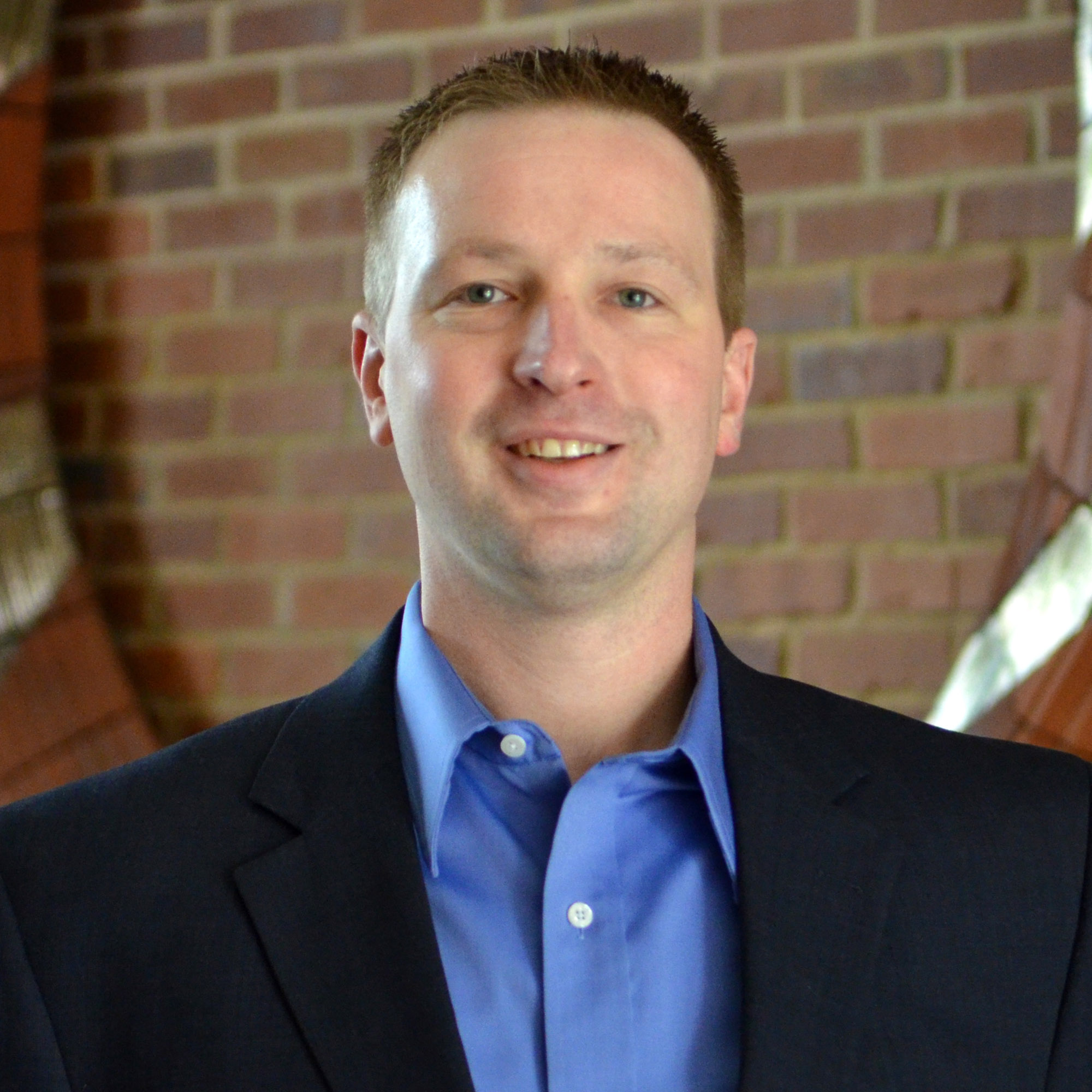Brad Cox is an associate professor of Higher, Adult and Lifelong Education in the College of Education and founder of the nonprofit College Autism Network.
Just as the Michigan State University academic year wraps up around the end of April, so too, does Autism Acceptance Month. But for autistic college students across the country the pursuit of increased awareness, acceptance and support is a year-long – indeed, life-long – endeavor.
We’ve likely all heard the statistics that 1 in 36 kids has autism, a rate that has nearly doubled since my then four-year-old son was diagnosed in 2014. Of course, these kids eventually grow up, and an increasing number of them – perhaps more than 150,000 this year – are choosing to continue their educations by attending college. So, if you have been on a college campus recently, chances are you have interacted with an autistic student, though you probably didn’t even know you were talking to someone with autism.
Most autistic college students choose not to share that part of their identity with their institutions. Some see college as an opportunity to explore other aspects of their identities. Some worry that self-disclosure will lead to stigmatization. Some don’t want, need or benefit from the academic accommodations typically offered by institutions’ disability service offices.
All autistic students – regardless of whether they choose to disclose – deserve to attend schools where they feel safe, respected, included and supported. Thankfully, many postsecondary educators are starting to get the message. One of the more prominent sources promoting that message is the College Autism Network, a nonprofit organization dedicated to using advocacy, research and training to improve college access, experiences and outcomes for autistic students.
When I founded CAN in 2016, the organization was little more than a basic webpage and periodic conversations among a handful of like-minded colleagues and students – including several autistic self-advocates. Since then, CAN has hosted eight national conferences, provided in-person and web-based trainings for thousands of postsecondary professionals at hundreds of institutions and introduced new research from dozens of emerging scholars to a worldwide audience. We are now working to develop a comprehensive process through which entire institutions can pursue a designation as an “Autism Inclusive Campus.”
In the meantime, autism-specific college support programs are popping up across the country. Nearly unheard of 10 years ago, there are now more than 100 such programs – including here at MSU. Michigan State’s Building Opportunities for Networking and Discovery program supports autistic Spartans in myriad ways, including a customized orientation for incoming students, peer mentoring opportunities, social events and one-on-one meetings with an autism expert on staff at the Resource Center for Persons with Disabilities. There’s also a new credit-bearing course designed to help students enhance their skills, access institutional resources and build diverse networks that can help students achieve their academic, personal and professional goals.
During my opening remarks at the very first conference hosted by the College Autism Network nearly a decade ago, I worried aloud about whether we’d be able to find a postsecondary institution where my son would feel safe, respected, included and supported. Now, as he completes his first year of high school and starts looking at potential colleges, I am confident he’ll have lots of great options to choose from.
But I sure hope he picks MSU.
